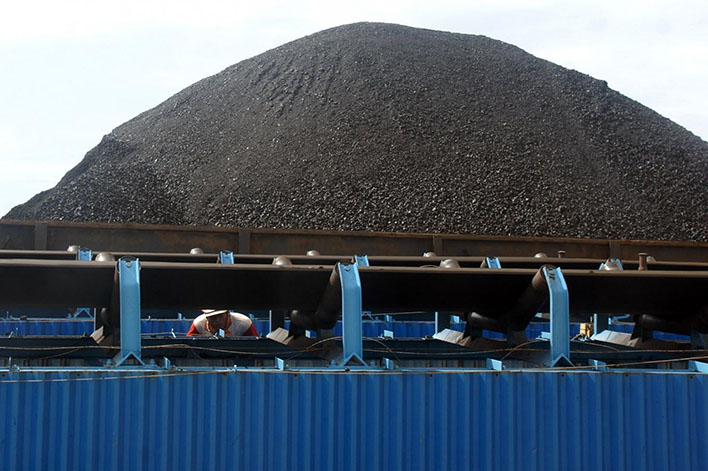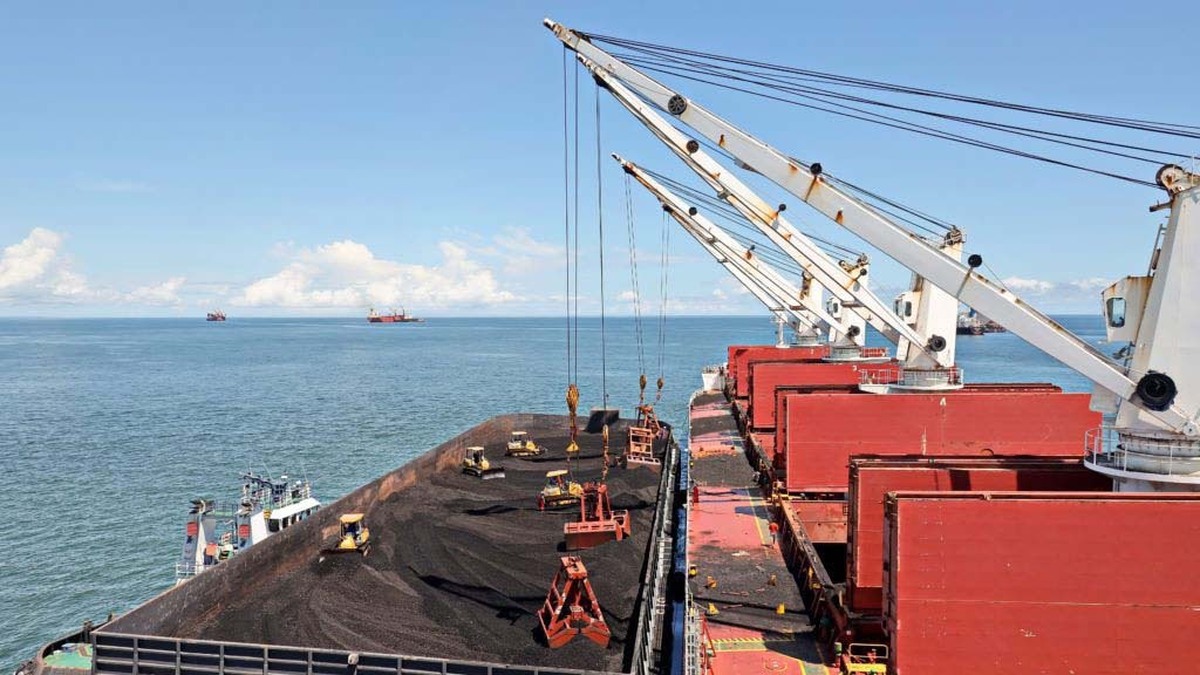
Indonesian coal trade dampened by holidays


Details of firm transactions have been scarce so far this week as a result. Some buyers and traders that source coal from Indonesia and sell to China are staying out of the market waiting for more clarity on China's 2019 import policy, which is also dampening trade.
China's central government introduced a quota system in April last year to curb 2018 coal imports at levels no higher than the previous year. The government reinforced the system in November as several provinces had already exhausted their 2018 quotas and the total import quota for the country was running out fast. Customs authorities asked major power plants to stop booking new cargoes and to postpone cargoes that had already been booked until at least January. The central government has not yet given a clear indication of import policy for 2019.
A cold snap across large parts of China is boosting demand from utilities because generation firms' inventories are falling, although this is not translating into stronger demand for imported cargoes.
Indonesian prices are holding relatively steady despite the lack of market activity, with offers for February-loading geared supramax cargoes of GAR 4,200 kcal/kg (NAR 3,800 kcal/kg) coal at around $31-31.50/t. By comparison, January-loading supramax deals for GAR 4,200 kcal/kg coal were done last week in a $29.90-30.30/t range, with a February-loading shipment concluded at $30.20/t.
Argus last assessed prices of GAR 4,200 kcal/kg coal on 28 December at $30.21/t, down by 31¢/t from the previous week.
Trade was also thin elsewhere in the Indonesian market. A February-loading GAR 5,100 kcal/kg (NAR 4,800 kcal/kg) Panamax cargo was offered at $50/t with a bid heard at $49/t. A trading firm last week bid for the same type of coal at $47/t for a January-loading Panamax cargo. Argus last assessed fob prices of slightly lower quality GAR 5,000 kcal/kg (NAR 4,600 kcal/kg) product on 28 December at $46.86/t, which was little changed from the previous week.
The cold snap in China that began in late December has boosted coal burn at utilities and weighed on stocks. This has led traders and coal producers to raise their offer prices of NAR 5,500 kcal/kg domestic coal to as high as 585-590 yuan/t fob from Yn570-575/t on 28 December. Chinese customs authorities in some parts of the country were heard to have not yet begun clearance for imported cargoes, which is also supporting domestic coal prices.
In China's futures market, the May contract on the Zhengzhou commodity exchange closed at Yn563.4/t today, up by Yn1.8/t from 28 December, which was the last working day before the recent two-day public holiday in the country.


Gold price edges up as market awaits Fed minutes, Powell speech

Glencore trader who led ill-fated battery recycling push to exit

Emirates Global Aluminium unit to exit Guinea after mine seized

UBS lifts 2026 gold forecasts on US macro risks

Iron ore price dips on China blast furnace cuts, US trade restrictions

Roshel, Swebor partner to produce ballistic-grade steel in Canada

EverMetal launches US-based critical metals recycling platform

US hikes steel, aluminum tariffs on imported wind turbines, cranes, railcars

Afghanistan says China seeks its participation in Belt and Road Initiative

First Quantum drops plan to sell stakes in Zambia copper mines

Ivanhoe advances Kamoa dewatering plan, plans forecasts

Texas factory gives Chinese copper firm an edge in tariff war

Pan American locks in $2.1B takeover of MAG Silver

Iron ore prices hit one-week high after fatal incident halts Rio Tinto’s Simandou project

US adds copper, potash, silicon in critical minerals list shake-up

Barrick’s Reko Diq in line for $410M ADB backing

Gold price gains 1% as Powell gives dovish signal

Electra converts debt, launches $30M raise to jumpstart stalled cobalt refinery

Gold boom drives rising costs for Aussie producers

First Quantum drops plan to sell stakes in Zambia copper mines

Ivanhoe advances Kamoa dewatering plan, plans forecasts

Texas factory gives Chinese copper firm an edge in tariff war

Pan American locks in $2.1B takeover of MAG Silver

Iron ore prices hit one-week high after fatal incident halts Rio Tinto’s Simandou project

US adds copper, potash, silicon in critical minerals list shake-up

Barrick’s Reko Diq in line for $410M ADB backing

Gold price gains 1% as Powell gives dovish signal

Electra converts debt, launches $30M raise to jumpstart stalled cobalt refinery

















